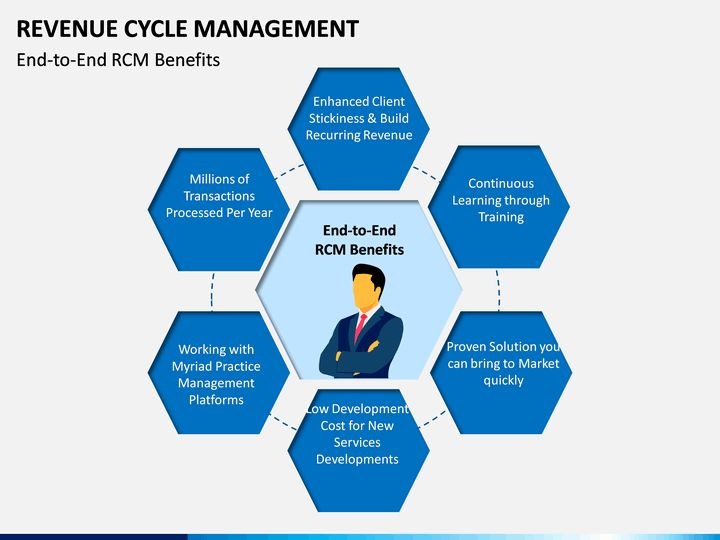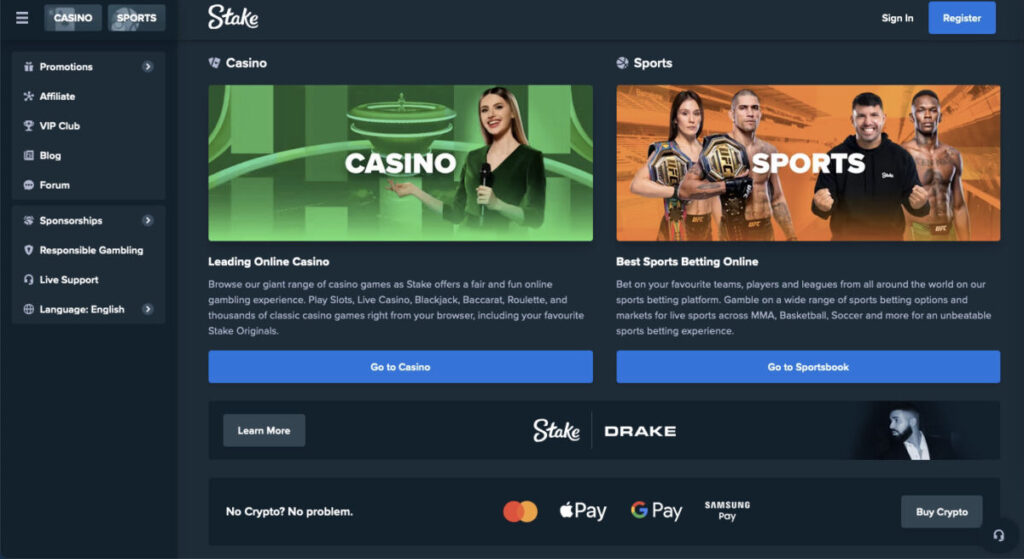
In today’s competitive healthcare landscape, success is not just about providing quality care but also about effectively managing your online presence and ensuring proper credentialing for medical providers. Healthcare practices in Austin can benefit significantly from combining healthcare digital marketing services with medical provider credentialing services.
This article will explain the importance of both these services, how they work, and why you should integrate them into your healthcare practice.
What Are Healthcare Digital Marketing Services?
Healthcare digital marketing services refer to the strategies and tools used to promote medical practices and healthcare organizations online. This type of marketing focuses on increasing visibility, attracting patients, and building trust through digital platforms such as search engines, social media, email, and websites.
Why Is Digital Marketing Crucial for Healthcare Providers?
- Increased Online Visibility
Most patients today use the internet to search for healthcare providers. If your practice doesn’t show up on Google or isn’t active on social media, you could be missing out on a large number of potential patients. - Patient Engagement
Digital marketing allows you to stay connected with patients outside the clinic. Engaging content, such as blog posts or social media updates, keeps your patients informed and establishes your expertise. - Cost-Effective Advertising
Traditional advertising methods like TV or print ads can be expensive and difficult to track. Digital marketing allows you to target specific audiences, track results, and adjust strategies in real-time, making it much more cost-effective. - Building Trust and Reputation
Through online reviews, patient testimonials, and informative content, digital marketing helps build your practice’s reputation. A well-maintained online presence can make your practice seem more trustworthy and approachable.
Key Components of Healthcare Digital Marketing Services
To maximize the effectiveness of your digital marketing, healthcare providers need to focus on several essential components:
1. Search Engine Optimization (SEO)
SEO is a foundational element of any digital marketing strategy. By optimizing your website for search engines like Google, you can improve your rankings for important keywords, such as “family doctor in Austin” or “pediatric care near me.” Higher rankings mean more visibility and more patients finding your practice.
- Local SEO: In healthcare, local SEO is particularly important. Patients typically search for nearby providers, so incorporating location-specific keywords like “Austin healthcare services” or “Austin medical clinics” will boost your local presence.
- On-Page SEO: This involves optimizing each page of your website for keywords, metadata, and user experience.
2. Content Marketing
Content marketing is about creating and sharing valuable information that educates and engages your audience. For healthcare providers, this could mean blog posts on health tips, patient testimonials, or information on medical procedures.
Regularly publishing high-quality, informative content not only helps patients but also improves your website’s SEO.
3. Social Media Marketing
Social media is an essential tool for healthcare providers to connect with patients. Platforms like Facebook, Instagram, and LinkedIn allow you to reach a broader audience, engage directly with patients, and build a community around your practice.
- Engaging Posts: Share tips, clinic updates, patient success stories, and health-related articles to keep your audience engaged.
- Paid Ads: Social media platforms offer advanced targeting options, allowing you to run ads for specific demographics such as age, location, or interests. This can help you reach the right patients.
4. Email Marketing
Email marketing remains one of the most effective ways to stay in touch with your patients. You can send newsletters, appointment reminders, and health tips directly to their inbox. This keeps your practice top-of-mind and fosters loyalty.
5. Online Reputation Management
Online reviews are crucial in healthcare. Most patients rely on reviews to decide whether or not to visit a provider. Encourage satisfied patients to leave positive reviews, and always respond professionally to any negative feedback. This helps in building trust and shows that you value patient feedback.
What Are Medical Provider Credentialing Services?
Medical provider credentialing services ensure that healthcare providers meet all necessary qualifications and compliance standards before they can offer patient care. This process involves verifying a provider’s education, training, licensure, and certifications.
Credentialing is an essential step for healthcare providers to ensure they are legally allowed to practice and can be reimbursed by insurance companies for the services they provide.
Why Is Credentialing Important for Healthcare Providers?
- Legal Compliance
Medical credentialing ensures that healthcare providers comply with state, federal, and local regulations. It verifies that all necessary certifications and licenses are in place, protecting both the provider and the patients. - Insurance Reimbursement
Without proper credentialing, providers cannot bill insurance companies for their services. This can lead to significant revenue loss. By ensuring proper credentialing, you can streamline the revenue process and avoid denied claims. - Patient Trust
Credentialing gives patients peace of mind, knowing that their healthcare provider is qualified to offer the medical care they need. It reinforces your practice’s reputation and credibility. - Hospital and Clinic Privileges
For providers working in hospitals or clinics, credentialing is required to gain privileges. It’s also necessary for providers who wish to partner with larger healthcare organizations or networks.
Healthcare Credentialing Services in Austin
For healthcare providers in Austin, using local healthcare credentialing services can ensure that you stay compliant with both Texas state laws and federal regulations. Here’s why credentialing is essential for your practice:
1. Local Expertise
Credentialing service providers in Austin have a deep understanding of local regulations and payer requirements. This local expertise ensures faster and more accurate credentialing, reducing the risk of delays.
2. Customized Solutions
Every healthcare provider’s credentialing needs are different. Whether you’re a small private practice or part of a large healthcare group, credentialing services in Austin can tailor their solutions to fit your specific requirements.
3. Efficient Credentialing Process
Credentialing can be a complex and time-consuming process. By outsourcing to a local provider, you can speed up the process and focus more on patient care. Many credentialing companies offer a streamlined approach, ensuring that you are approved for reimbursement quickly.
4. Keeping Up with Changes
The healthcare industry is constantly changing, and credentialing requirements are no exception. A local credentialing provider in Austin can help you stay up-to-date with the latest changes in regulations, ensuring your practice remains compliant.
Combining Healthcare Digital Marketing and Credentialing Services
To run a successful healthcare practice in Austin, integrating healthcare digital marketing services with proper medical provider credentialing services is a smart strategy. Here’s how these two components work together:
1. Attracting Qualified Patients
Digital marketing helps bring in a steady flow of new patients through online visibility, while credentialing ensures that you’re reimbursed for treating them. By targeting the right audience through local SEO and online ads, you can attract patients who are more likely to need your services and have the proper insurance coverage.
2. Building Trust and Credibility
Marketing helps establish your practice as a trusted authority in the healthcare field, but credentialing reinforces that trust by ensuring all providers are qualified and legally compliant. This combination builds a solid reputation for your practice.
3. Streamlining Operations
When your marketing strategies are aligned with your credentialing process, you can ensure a seamless experience for both new patients and healthcare providers. Patients are attracted by your marketing efforts and reassured by your credentials, while providers benefit from a smoother billing and insurance process.
4. Enhanced Revenue
Digital marketing brings patients through the door, but credentialing ensures that your practice can be reimbursed for the care provided. Together, they create a robust system that enhances both patient satisfaction and your practice’s financial health.
Conclusion
In a rapidly evolving healthcare environment, practices in Austin must leverage both healthcare digital marketing services and medical provider credentialing services to remain competitive and efficient.
Digital marketing helps build your online presence, attract new patients, and engage your community, while credentialing ensures that all providers are qualified and reimbursed for their services. By integrating these two components, your practice will not only grow its patient base but also streamline operations and improve financial outcomes.
For healthcare providers in Austin, combining these strategies is essential for staying ahead in the market, building trust with patients, and ensuring long-term success.





